"Juries can be fickle, and if you have to try nine cases nine times, you may get nine different results," Peter Bowman, a personal injury lawyer for BBB Attorneys, said.
The plaintiffs in nine cases against Big Pharma companies for alleged Zantac injuries are using a strategy to keep their nearly identical claims in Connecticut state court unconsolidated for trial by naming less than 100 people in each case.
The 853 plaintiffs scored a victory in the U.S. Court of Appeals for the Second Circuit when the court held in a 2-1 decision that the plaintiffs' motion to consolidate was for pretrial purposes only, and they did not intend to seek a joint trial.
The defendants are Boehringer Ingelheim Pharmaceuticals Inc., Boehringer Ingelheim Corp., Boehringer Ingelheim USA Corp., GlaxoSmithKline LLC, GlaxoSmithKline Holdings Inc., Pfizer Inc., Sanofi-Aventis U.S. LLC and Sanofi U.S. Services.
The plaintiffs claimed that the pharmaceutical companies failed to warn consumers that Zantac, an over-the-counter heartburn medication, causes cancer.
On appeal from a decision from the U.S. District Court in Connecticut to remand the nine actions to state court, the defendants argued that the plaintiffs made a "misstep" in their attempt to "evade the various triggers of federal subject-matter jurisdiction."
The defendants also claimed that the plaintiffs' motion to consolidate automatically led to a joint trial under the Class Action Fairness Act, or CAFA.
Peter Bowman, a personal injury lawyer for BBB Attorneys, said the defendants might want a consolidated case to obtain a consistent ruling.
"Juries can be fickle, and if you have to try nine cases nine times, you may get nine different results," Bowman said.
The Second Circuit agreed with the District Court in its holding that under CAFA the court must consider the plaintiffs' intent, and based on the plaintiffs' "great lengths" to avoid a consolidated federal trial, it was clear that the plaintiffs only wanted pretrial consolidation.
"We are very happy with the well-reasoned opinion by the Second Circuit and look forward to advancing the cases of our clients, who are all suffering from cancer as a result of their use of Zantac," John A. Bruegger of Parafinczuk Wolf, counsel for the plaintiffs, said.
However, the Second Circuit decision was not unanimous.
In Judge Amalya Kearse's dissent, she opined that there was "nothing in the state-court record showing that plaintiffs stated, prior to or in making their motion for consolidation, that they sought consolidation of these cases only for pretrial proceedings."
Counsel for the defendants—Patrick M. Fahey and Jaime Ashley Welsh of Shipman & Goodwin; Lindsey Cohan of Dechert; Lauran R. Greenspoon and Robert R. Simpson of Shook, Hardy & Bacon; James O. Craven and James I. Glasser of Wiggin and Dana; Anand Agneshwar and Daniel S. Pariser of Arnold & Porter Kaye Scholer; and Jospeh W. Martini of Spears, Manning & Martini—did not respond to a request for comment.
Bowman said, historically, that judges are meant to say "what the law is, not what it should be," but this is a unique appeal.
"It's rare to have a midcase appeal," Bowman said. "When that happens, the court appropriately can look at the docket to see what the actions of the plaintiffs and the defendants were, and so when it sees issues related to that within the pleadings to avoid federal jurisdiction, I think it's fair to acknowledge that and to use that intent in cases like this."
Further, Bowman said this is not the first case to be consolidated solely for pretrial purposes in Connecticut, and the Second Circuit recognized that option.
Get Your Free Consultation
Get Your Free Consultation

Attorneys and paralegals are available 24 hours a day to answer questions regarding your potential case. Call (203) 562-0900 or fill out this form to reach an attorney.
Contact Us
We will get back to you as soon as possible.
Please try again later.
What Happens After I Send My Message?
Our team will review your information.
An attorney will contact you within 24 hours.
Our attorneys will make recommendations on how to proceed.
Our promise to our clients is to provide legal services with the utmost attention to detail and an unbeatable approach. Your case is our conquest, and we will do everything in our power to make things right.

Until It Stops.
Business Hours
- Monday
- -
- Tuesday
- -
- Wednesday
- -
- Thursday
- -
- Friday
- -
- Saturday
- -
- Sunday
- Appointment Only
For a Free Legal Consultation Call:
(203) 562-0900
The information on this website is for general information purposes only. Nothing on this site should be taken as legal advice for any individual case or situation. This information is not intended to create, and receipt or viewing does not constitute, an attorney-client relationship. The verdicts and settlements listed on this site are intended to be representative of cases handled byBBB Attorneys. Legal Disclaimer. Advertising Disclaimer.
All Rights Reserved | BBB Attorneys, LLC


